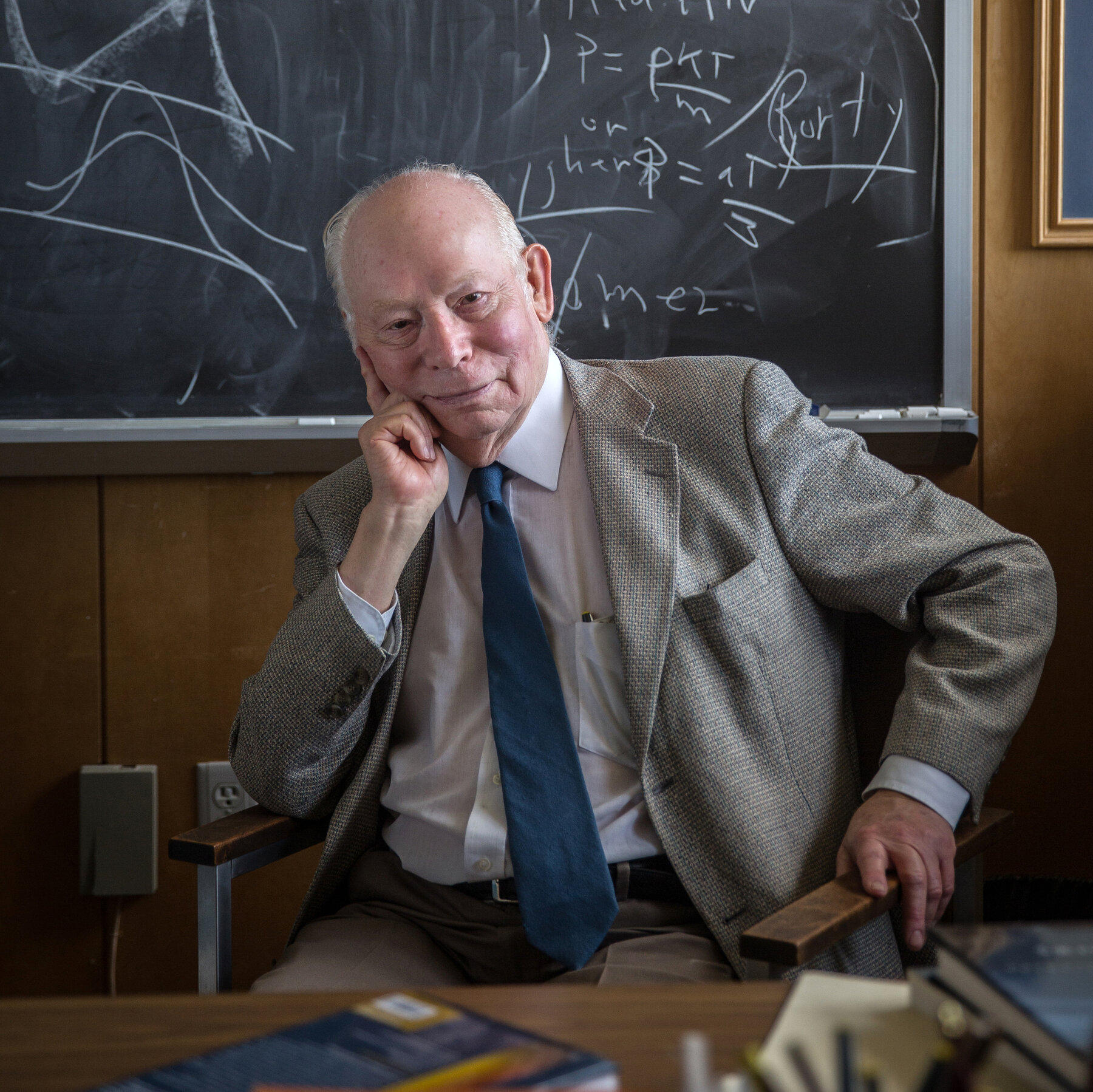
Steven Weinberg’s Death – Big Loss for Physics
Steven Weinberg died on July 23 at the age of 88. He was one of physics’ most important intellectual leaders in the second half of the 20th century and remained an important voice, contributor, and active teacher during the first 20 years of the 21st century.
Among his colleagues, Weinberg was one of the most prominent figures in all of physics, or perhaps all of science. He exuded intelligence and dignity. When news of his death spread on Twitter, other physicists mourned the loss. “One of the most skilled scientists of our time,” some commented, “a particularly eloquent spokesman for the scientific worldview.” And one more, “one of the best physicists of all time, one of the best thinkers of all time.”
Weinberg’s Nobel Prize was awarded in 1979 to develop theories that combine electromagnetism with weak nuclear forces. It was a major contribution to what became known as the Standard Model of Physics, a masterpiece that explains the phenomena rooted in mathematics to describe elementary particles and forces. Having successfully explained the experimental results, physicists take every opportunity to find the smallest deviations, hoping to identify the “new” physics that will further deepen human understanding of nature.
Weinberg has also conducted important technical studies in other areas of physics and has written several authoritative textbooks on subjects such as general relativity, cosmology, and quantum field theory. He was one of the first to support string theory as a promising tool in the continuing quest to complete the Standard Model through its combination with Einstein’s theory of gravity, the general theory of relativity.
Weinberg also recognized the desire to communicate more broadly at an early stage. His popular book, The First Three Minutes, published in 1977, introduced generations of physicists and physicists to the Big Bang, the science behind the birth of the universe and its metaphors. He later wrote a deep and insightful study of the nature of science and its intersection with society. And he has long written thoughtful essays in places like The New York Review of Books.
In his 1992 book Theory of Everything, Weinberg says that physics is about finding a true basic explanation of reality, the “ultimate theory” that integrates all of physics. He expressed his belief. Progress toward this goal appeared to be hampered by the apparent incompatibility between quantum mechanics, the underlying mathematics of the standard model, and the general theory of relativity. However, in a 1997 interview, Weinberg argued that the difficulty of combining relativity theory and quantum physics in a mathematically consistent way was an important clue. “When you combine the two, you can see that the laws of nature don’t have a lot of room,” he said. “It was a big help to us as it was a guide to what theories might work.”
Attempts to bridge the gap between relativity theory and quantum division “have made great strides, allowing us to develop realistic natural theories based solely on mathematical calculations and pure thought.”
Of course, experiments had to be done to verify the validity of the mathematical discoveries. However, the standard model worked so well that finding the deviations implied by the new physics required experimental techniques more powerful than physicists. “Before we can experiment to reveal the truth under the Standard Model, we need to reach a whole new level of experimental capability, which takes a long time,” he said. “I really think the style of physics it’s done in will eventually become the definitive theory, but probably not while I’m here, not while you’re there. Prize.”
It was right that he did not intend to see the final theory. And maybe, as he sometimes admitted, no one ever does. Perhaps there is a lack of intellectual power, not a lack of experimental power. “Human beings may not be smart enough to understand the really basic laws of physics,” he wrote in his book To Explain the Wo in 2015.
But Weinberg understood the viewpoint of the historians perfectly well. He just didn’t like it. For Weinberg, the story of science that was meaningful to people today was how the early stumblings toward understanding nature evolved into a surefire system for finding correct explanations. And that took many centuries. Without the perspective of where we are now, he believed, and an appreciation of the lessons we have learned, the story of how we got here has no point.
Future science historians will perhaps insist on assessing Weinberg’s own work in light of the standards of his times. But even if viewed in light of future knowledge, there’s no doubt that Weinberg’s achievements will remain in the realm of the Herculean.







